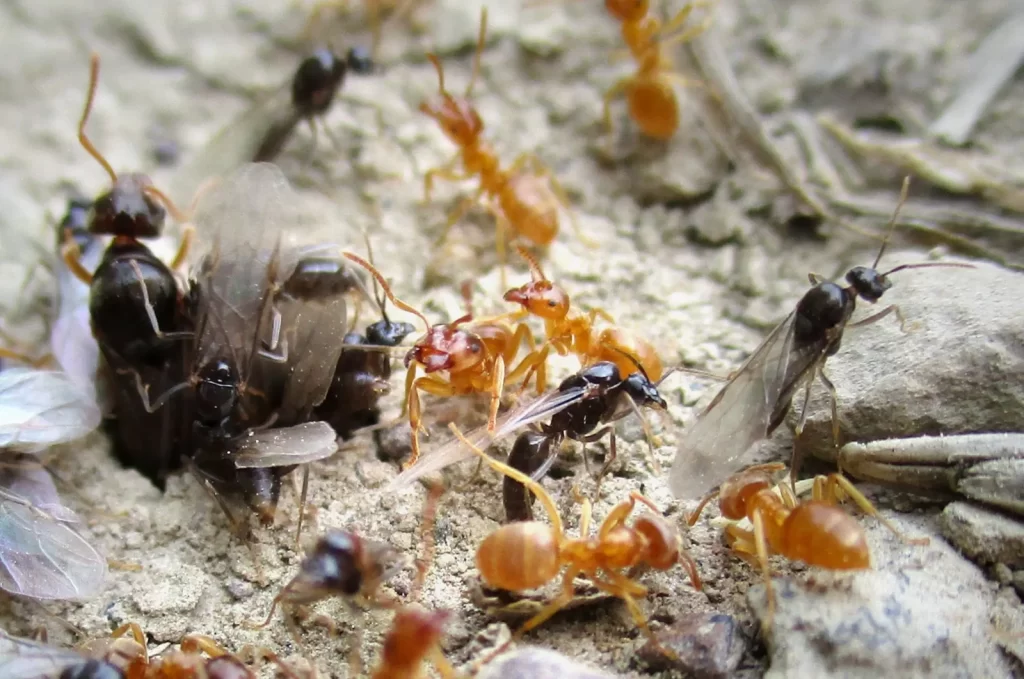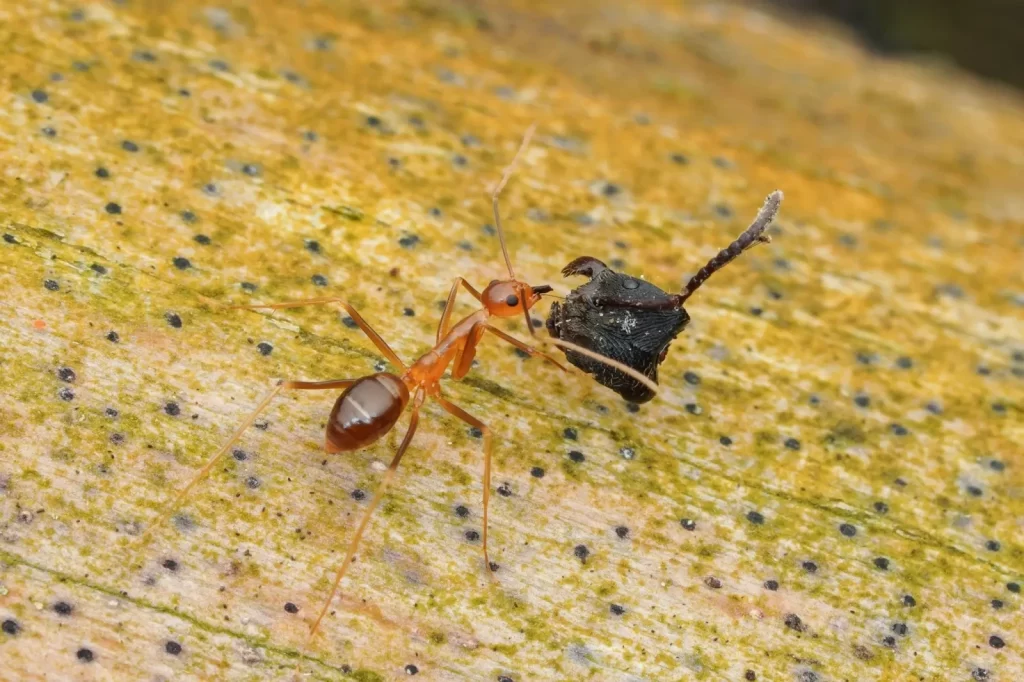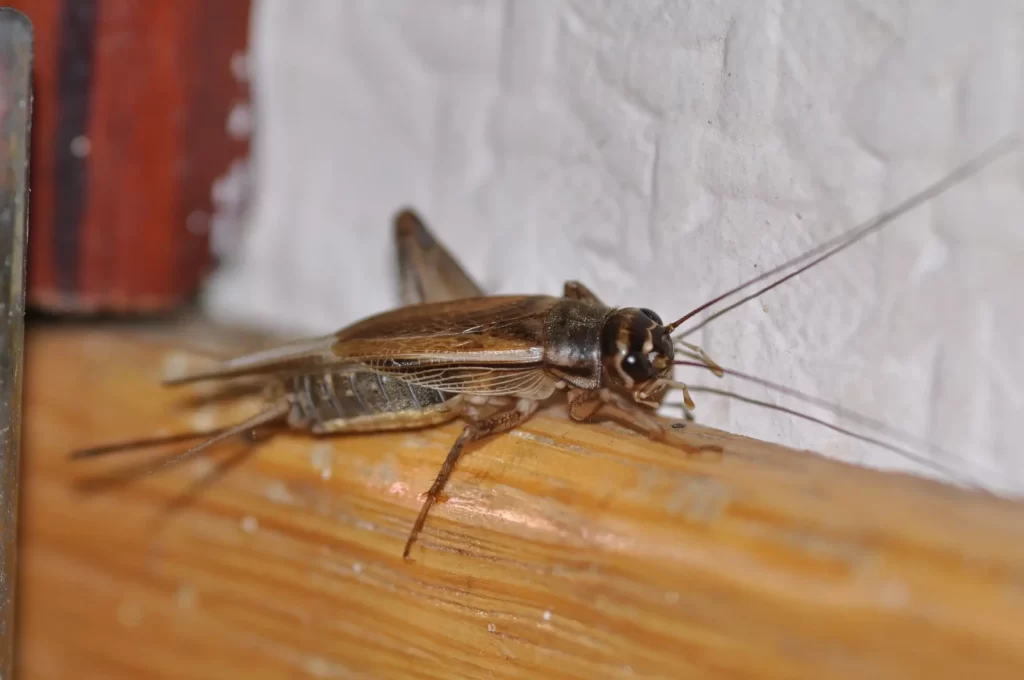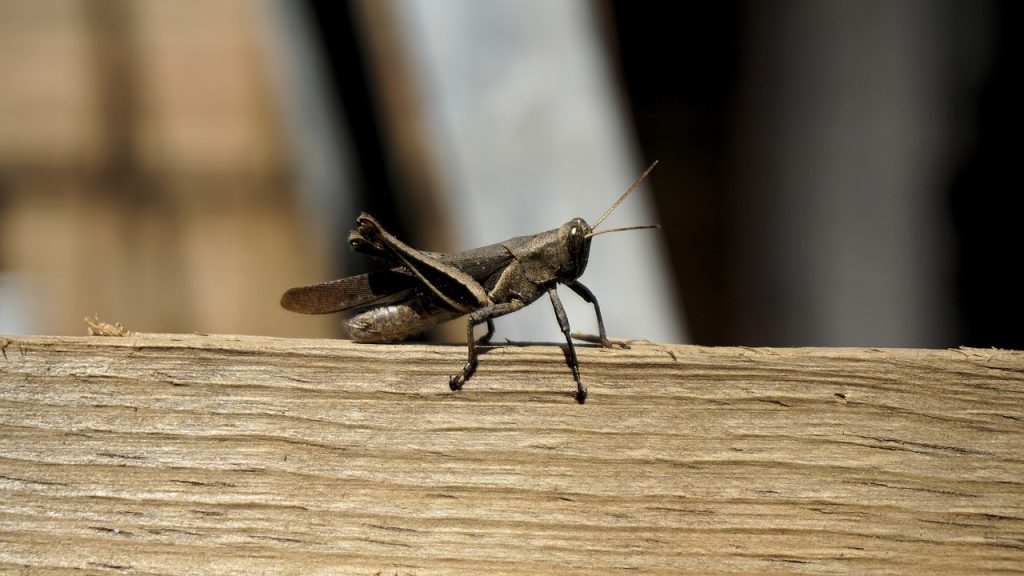Fire ant bites can be extremely painful, causing swelling, redness, and itching. When faced with such bites, it’s important to know how to treat them quickly and effectively to alleviate discomfort and prevent infection. This guide will explore why ants bite, what makes fire ants aggressive, and the best home remedies to treat their bites.
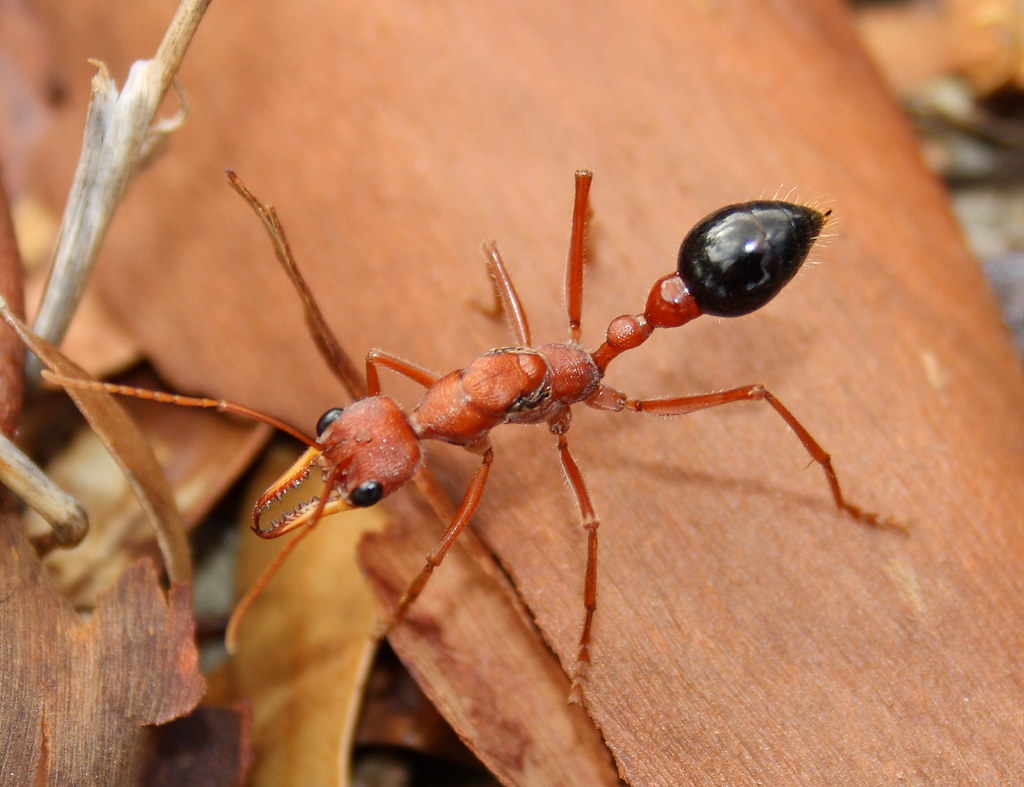
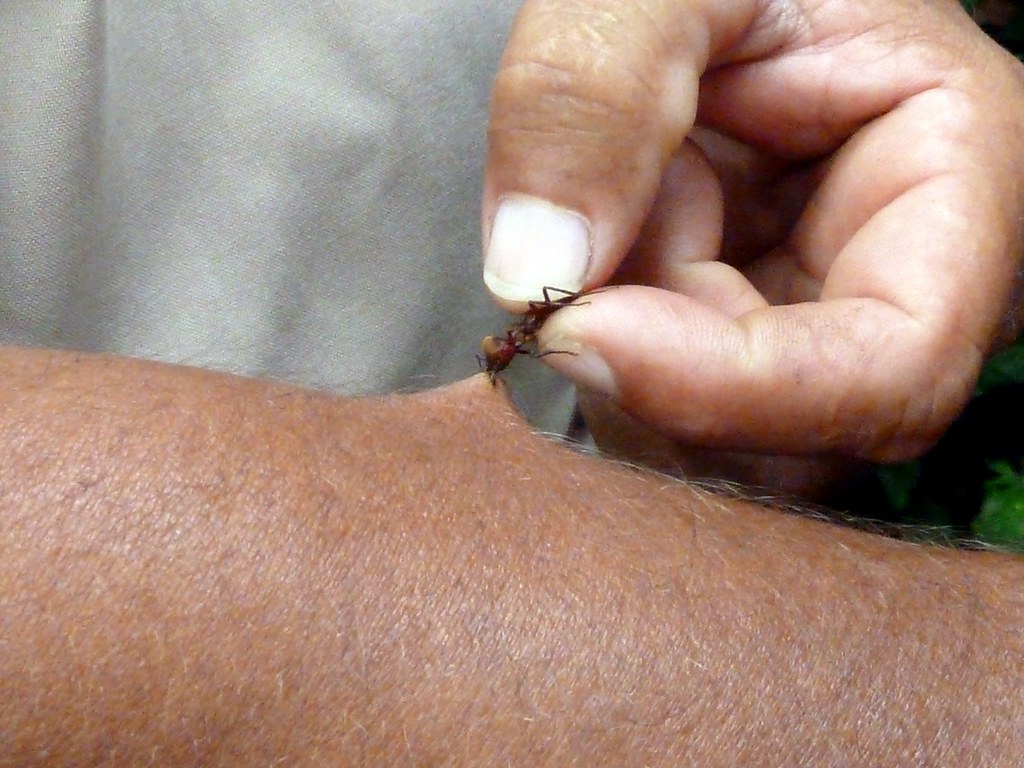
Why Do Ants Bite?
Ants bite primarily as a defensive mechanism. When ants, particularly fire ants, feel threatened, they respond by biting and stinging. While many ant species only bite to ward off danger, fire ants go further by injecting venom into their target through stings. This venom causes pain, redness, and swelling. The primary reason behind an ant’s bite is to protect its colony, especially when humans or animals accidentally disturb their nest. Fire ants are known for their aggressive nature. They are highly territorial and will defend their colony with full force. When a fire ant feels threatened, it releases a chemical signal that alerts nearby ants, leading to a coordinated attack. This aggressive behaviour is why people often receive multiple bites when encountering fire ants, making the experience more severe than with other ant species.
Ant Aggression: Why Are Fire Ants So Hostile?
Fire ants are much more aggressive than most other species due to their strong territorial instincts. They defend their nests with an intensity unmatched by many insects. This aggression is paired with their ability to sting repeatedly, injecting venom that causes an intense burning sensation. In fact, the venom contains a cocktail of toxins that trigger both pain and an inflammatory response in the human body. One key reason for their hostility is their highly organized colony structure. Fire ants have a strict hierarchy, with the queen being the most protected. When their colony is threatened, fire ants act swiftly to protect the queen and the nest, often leading to numerous stings in a short period. This combination of territorial behaviour and potent venom is what makes fire ants particularly dangerous to both humans and pets.
